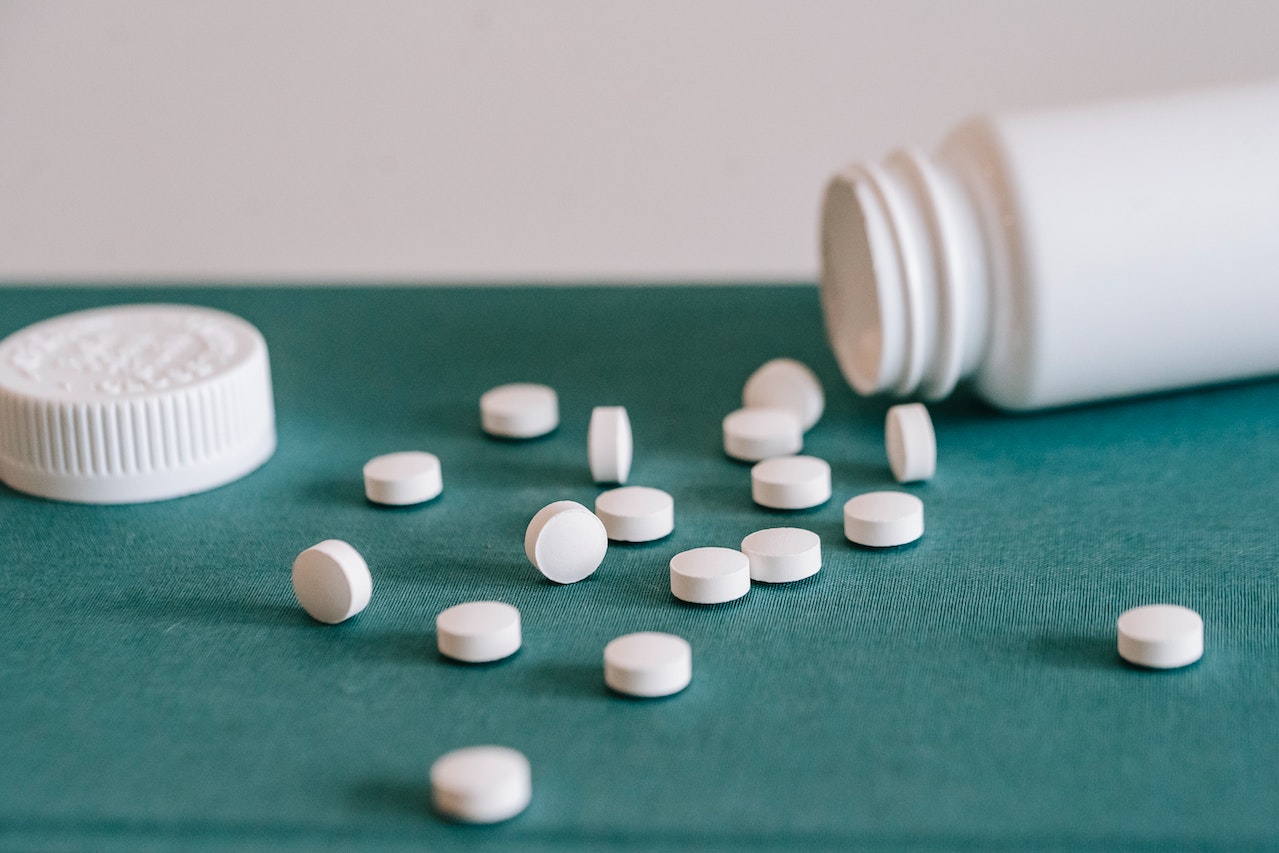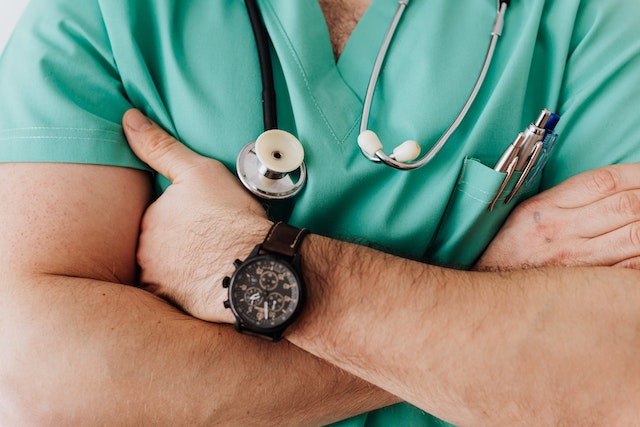Should You Take Nootropics Or Not?
Nootropics are not something many doctors talk about.
Part of the reason behind that is many doctors would rather write a script for their patients when they have concerns about cognition as opposed to talking about supplements and other so-called smart drugs that don’t register on the radar of your traditional doctor steeped in Western Medicine.
Nootropics are often called “smart drugs” that include natural and synthetic compounds that you can take for memory, critical thinking, clarity of thought, and more.
Examples of natural nootropics would include caffeine, berberine Ginkgo biloba, Bacopa monnieri, Rhodiola rosea, Panax ginseng, Creatine, and more.
Synthetic ones that are available without a prescription, Piracetam, Aniracetam, Noopept, Phenylpiracetam, and Adrafinil.
Now, just because I’m talking about any of these (especially synthetics) doesn’t mean you should rush out and buy them.
I’d like to talk about nootropics and how they could be used effectively and what you may need to watch out for.
Plus I need to talk about the research behind their use as there are more than a few hucksters out there who are trying to get you to believe that the next brain drug could turn you into a super genius, or help you reverse a deadly disease like Alzheimer’s and that’s simply not true.
What Can Nootropics Do For You?
Let me start by saying that I truly believe nootropics are supplemental, and in many cases, if you change your diet and your lifestyle you will see rapid and dramatic improvements in brain function.
However, as a supplement, they may be a good adjunct to a healthy lifestyle and/or great for people who are in a state of decline and need some additional support.
But, there’s something important to know about nootropics and their related benefits.
They do not inject IQ, they don’t help build a better brain and they won’t help you reach god-like intelligence.
What they can do is things like help improve the function of neurotransmission as well as help to clear up “gunk” that is hanging around inside of your brain and harming mental function.
You can think of them as “performance-enhancing drugs,” like steroids – but they generally don’t come with the risks associated with those kinds of drugs.
Meaning if your brain is already healthy these can help take you to the next level.
If your brain isn’t healthy, these can be good to help raise the level of your brain’s health, but they won’t change you dramatically without a lot of other work going into your health regimen (think lifestyle and diet).
For thousands of years, people across the world have used various elements found in the natural world to improve the function of their brains. You do too, and you may not realize it.
Think about how many of us generally reach for coffee or tea in the morning to wake us up. The stimulating effect that caffeine has on our level of alertness also has a corresponding effect on our mental ability.
Studies indicate taking 50-300mg of caffeine (a half cup to 2 or 3 cups of coffee) can help improve reaction time and working memory.
Additionally, it can enhance mood and reduce fatigue. However, it is important to note that the effects of caffeine can vary depending on the individual and their tolerance levels which is why the science around nootropics can be a bit murky.
But the science shows it works.
Take berberine, another natural nootropic.
Research indicates Berberine has been shown to increase levels of serotonin, dopamine, and norepinephrine in the brain, which are neurotransmitters that play important roles in regulating mood, motivation, and attention.
Another amazing thing berberine may be able to do is preserve Long-Term Potentiation (LTP) in synapses that are normally lost from diabetes.
And also encouraging is how it has been shown to increase adenosine monophosphate-activated protein kinase (AMPK).
I’ve talked at length about berberine and AMPK, but all you need to know is AMPK serves as your master metabolic switch.
When AMPK levels increase, there is an energy boost, blood glucose is regulated, insulin sensitivity improves, and triglycerides are reduced, which are all needed to experience peak cognitive function.
I think you’re starting to get the picture.
Some synthetics can also do this, and their mode of action is unique and favorable to brain health as well.
There are several that are available, but not all have human studies behind them.
One that does is Noopept.
One thing about Noopept’s effects can be felt within minutes and typically last for several hours.
Studies on animals have shown that Noopept can speed up how quickly the brain forms and retrieves memories by boosting levels of brain-derived neurotrophic factor (BDNF), a compound that promotes the growth of brain cells.
Additionally, human research has found that Noopept can help people recover more quickly from brain injuries. While more studies are needed to understand how it might be used as a nootropic in healthy adults, it shows potential as a helpful supplement.
Again, the list goes on.
Nootropics have sound science behind them and as our mental health crisis continues to unfold I believe more people in positions within research labs across the world will see what else is out there.
In the next article, I’ll talk more about the research and also give you evidence-based recommendations for natural nootropics that you might experiment with.


